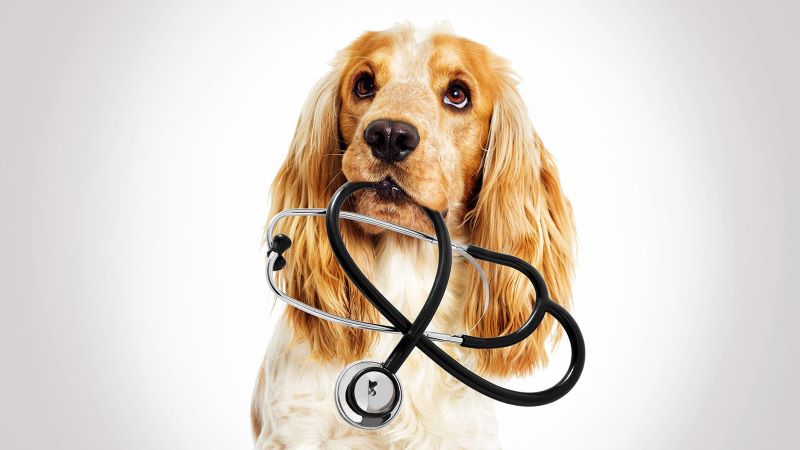Have you heard that there are some restaurants that are offering a percentage off your total bill if you “check” your phone at the hostess stand? Or how about my mom’s lunch bunch’s rule that the first person to look at their phone at the table picks up everyone’s tabs? Obsessive phone checking and usage has clearly become a problem, and vet offices are no strangers to the epidemic.
Today we’re talking “vet peeves,” those things that have your pet’s doctors gathering around the staff lounge to lament, and how your can make sure your name is not mentioned there.
Talking on your cell phone
When it comes to healthcare, it’s a team effort, and your pooch is not going to help you remember his treatment plan if you aren’t listening during your office visit. Put down your phone and listen to your doctor’s instructions. Giving the wrong dose or not following through with your vet’s instructions can be hazardous to your pet’s health.
Endangering the staff
Your pet knows the routine and what might be coming when he goes into the exam room at the vet. Often, pet’s anxiety is at its highest when at the doctor. A normally calm pet can act out when he feels scared or worried. It is important to be honest about your pet’s behavior up front, and warn him/her of any anxiety. You may also want to consider a muzzle for your dog. Dr. Holly Brooks, a vet at the Yorktown Vet Clinic puts it best when she says, “One bite can ruin my career. Ten minutes in a muzzle will not ruin your dog’s life.” If you are in the market for a muzzle, try the CooZero Nylon Dog Muzzle. It got five star reviews and many pet parents commented on the ease of putting it on. You can ease some of your cat’s anxiety by using a comfy crate, like the Sherpa Deluxe Pet Carrier to transport him.
Diagnosing your pet yourself
Guilty as charged! I often go into the exam room with my theories, and have to remember that there’s a reason my vet has those three letters, DVM, after his name and I don’t! He went through many years of schooling to be able to diagnose my dog, and I am often way off base when I resort to Dr. Google, who doesn’t know my dog and her history as intimately as her doctor does. When I diagnose my dog, I run into the problems of delaying treatment, going for an easy fix, or treating the wrong issue. It’s best to leave the diagnosing up to the one with the degree. If you can't reach your veterinarian right away, policyholders can use the PetPartners 24/7 Vet Helpline to speak with licensed veterinary professionals to discuss changes in their pet's health.
Being ultra involved with the exam
You may want to soothe and coddle your pet when you are in the exam room--those needles are scary! But sometimes, that extra cooing and consoling can get in the way of your vet doing his job. Dr. Brooks states that “Sometimes a pet is exceptionally better behaved away from their owner.” If you have to, step outside so the exam can proceed without you getting in the way.
Disrespecting your vet
It is also worth mentioning that it is important to address your vet with respect, using his medical name, for instance Dr. Smith, instead of his first name or a term of endearment. Your doctor wants the very best for your pet, and you should respect and honor his treatment plans and diagnoses. Avoid these “vet peeves” and you will be sure to stay in your veterinarian’s good graces! Consider enrolling in pet insurance to ensure you can provide the best veterinary treatment that your vet recommends without worrying over the cost!

